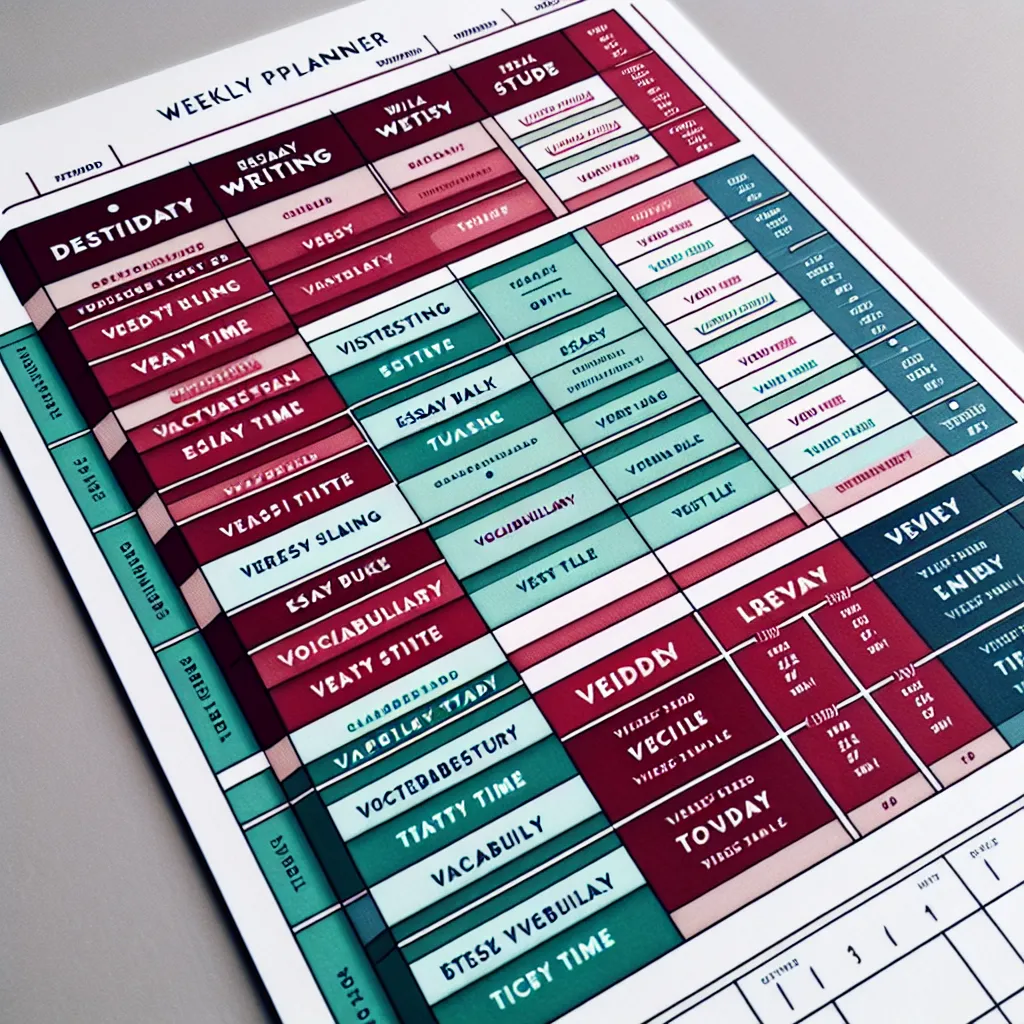Are you preparing for the IELTS exam and feeling overwhelmed by the Writing Task 2 essay? You’re not alone. Many test-takers find this section challenging, but with the right approach and consistent practice, you can significantly improve your performance. In this comprehensive guide, we’ll explore effective strategies on how to practice IELTS Writing Task 2 essay and boost your confidence for the exam.
Understanding IELTS Writing Task 2
Before diving into practice techniques, it’s crucial to understand what IELTS Writing Task 2 entails. This task requires you to write an essay in response to a point of view, argument, or problem. You’ll need to write at least 250 words in 40 minutes, demonstrating your ability to organize ideas, use a range of vocabulary and grammar, and present a clear and coherent argument.
 IELTS Writing Task 2 Essay
IELTS Writing Task 2 Essay
Key Assessment Criteria
Examiners evaluate your essay based on four criteria:
- Task Achievement
- Coherence and Cohesion
- Lexical Resource
- Grammatical Range and Accuracy
Understanding these criteria is essential for focusing your practice effectively.
Effective Strategies for Practicing IELTS Writing Task 2
1. Familiarize Yourself with Question Types
IELTS Writing Task 2 questions typically fall into several categories:
- Opinion (Agree/Disagree)
- Discussion (Discuss both views)
- Advantage/Disadvantage
- Problem/Solution
- Double Question
Practice identifying these question types to tailor your approach accordingly.
2. Develop a Strong Essay Structure
A well-structured essay is crucial for success. Practice organizing your essays with:
- Introduction
- Body Paragraph 1
- Body Paragraph 2
- Conclusion
Ensure each paragraph has a clear topic sentence and supporting details.
3. Time Management Exercises
Allocate your 40 minutes wisely:
- 5 minutes for planning
- 30 minutes for writing
- 5 minutes for reviewing
Practice with a timer to improve your speed and efficiency.
4. Expand Your Vocabulary
A rich vocabulary is essential for a high-scoring essay. Try these techniques:
- Learn new words in context
- Use a thesaurus to find synonyms
- Create word family lists (e.g., educate, education, educational)
5. Practice Paraphrasing
Paraphrasing is a valuable skill for IELTS Writing. Practice rewriting sentences and paragraphs to express the same idea in different words.
6. Analyze Sample Essays
Study high-scoring sample essays to understand what examiners are looking for. Pay attention to:
- Essay structure
- Use of cohesive devices
- Vocabulary range
- Grammatical structures
7. Regular Writing Practice
Consistency is key. Set a goal to write at least one essay per week, gradually increasing the frequency as you get closer to your test date.
 IELTS Practice Schedule
IELTS Practice Schedule
8. Seek Feedback
Getting constructive feedback is crucial for improvement. Consider:
- Joining IELTS study groups
- Working with a tutor
- Using online IELTS writing evaluation services
9. Focus on Task Achievement
Ensure you’re fully addressing the task by:
- Carefully reading the question
- Identifying all parts of the task
- Providing relevant examples and explanations
10. Improve Coherence and Cohesion
Practice using a range of cohesive devices to link your ideas smoothly:
- However, nevertheless, on the other hand
- Firstly, secondly, finally
- In conclusion, to sum up
Common Mistakes to Avoid
Be aware of these common pitfalls:
- Memorizing pre-written essays
- Straying off-topic
- Using overly complex language incorrectly
- Neglecting to proofread
Next Steps in Your IELTS Writing Journey
After implementing these practice strategies:
- Take mock tests under exam conditions
- Review your progress regularly
- Identify areas for improvement and focus on them
- Consider advanced writing techniques like using rhetorical questions or idiomatic expressions
Remember, improving your IELTS Writing Task 2 skills takes time and dedication. Be patient with yourself and celebrate small victories along the way.
In conclusion, practicing IELTS Writing Task 2 essays effectively requires a multifaceted approach. By understanding the task requirements, developing a strong essay structure, expanding your vocabulary, and consistently practicing with focused strategies, you can significantly enhance your performance. Stay committed to your practice routine, seek feedback, and always strive for improvement. With these techniques, you’ll be well-prepared to tackle the IELTS Writing Task 2 with confidence on exam day.




